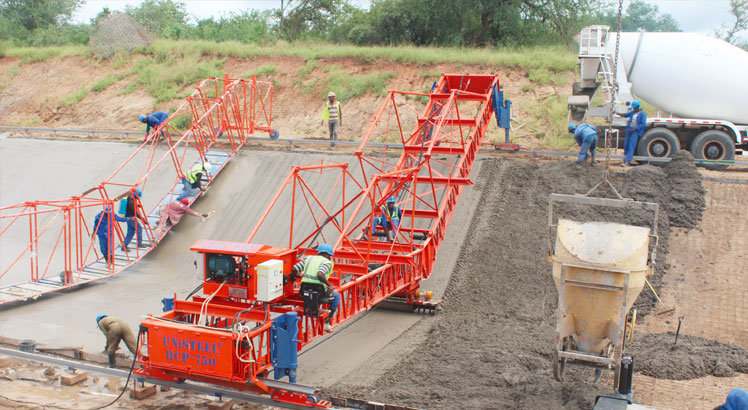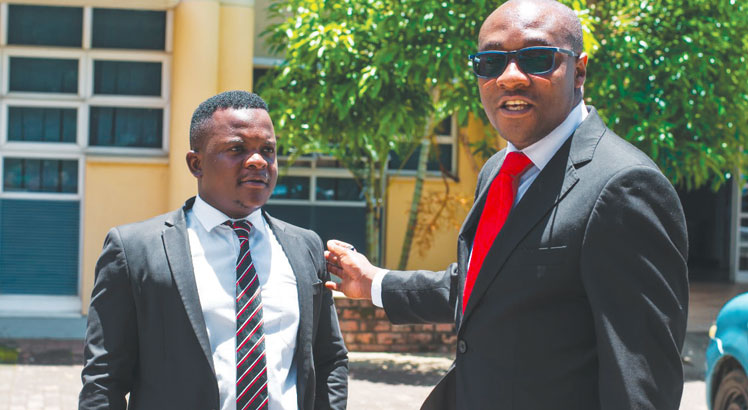Funding constraints have crippled the operations of the Independent Complaints Commission (ICC) established to investigate complaints by the public against police officers and the entire police institution, officials have said.
Since the commission was established in 2022, it has only completed investigations for 43 cases out of 222 complaints it received.
Records at ICC show that out of the 181 files which were opened, 139 cases are ongoing and only 12 were recommended for criminal prosecution by Director of Public Prosecutions (DPP) while 14 cases were recommended for disciplinary proceedings by Inspector General (IG) of Police or Police Service Commission (PSC).
The ICC was established under Section 128 of the Malawi Police Act to independently investigate all complaints made by the public against police officers and the entire police institution.
Among the complaints against police officers currently at ICC are files of nine deaths in police custody, eight deaths as a result of police action, 26 physical assaults, 32 unlawful arrests, two rape and defilement and 70 misconduct by the officers while on duty.
The Msundwe sexual harrassment case attracted lots of attention
In an interview this week, ICC commissioner Christopher Tukula pointed out that during the last two financial years the office received only K100 million to cater for investigations countrywide, hence the poor showing.
According to Tukula, the major challenge has been shortage of staff and vehicles as they only have five investigators and one vehicle.
Said Tukula: “Generally, we have been having challenges with investigations that require a lot of travel related expenses. Our office is centrally located in Lilongwe and we have not yet decentralised to all regions. As a result, our investigators have to travel from Lilongwe to every corner of Malawi. We only have one institutional vehicle for investigations. In some cases, we rely on hired vehicles which has proven to be too expensive and unsustainable.”
The commissioner also admitted that no single criminal case has been concluded but a number of police officers have been warned, dismissed or demoted following recommendations.
Tukula said for the financial year ending March 31 2024, the ICC submitted a budget of K717 million to the Defence and Security Committee of Parliament. But it was only allocated K500 million for its operations.
Said Tukula: “For investigations alone, the optimal should be K600 million due to distances and travel-related expenses involved.
“In the end, we are operating against a background of low resources for investigations in relation to the increasing number of complaints from all over the country.”
For instance, Tukula explained that the commission was also expected to investigate alleged Msundwe sexual assault and rape cases during the post-2019 elections protest, but according to him, that investigation requires K65 million.
He added that with the passage of time and relocation of informants, witnesses, and several police officers on duty, the investigation is heavy on travel expenses which take up almost half of the budget.
Tukula said: “We allocated a small portion of 10 percent to the Msundwe case so that we reserve a substantial amount for other cases, while we sourced funds for the deficit on an ongoing basis.”
In an interview on Friday, Legal Affair Committee of Parliament chairperson Albert Mbawala admitted that financial challenges for most MDAs including ICC are indeed retarding progress in their operations.
He said: “As Legal Affairs Committee, we continue to lobby government through Treasury to avail to the commission adequate resources including motor vehicles to enable the commission to achieve its mandate.”
Tukula also explained that the other challenge is apathy towards the office by police officers, saying that the general reception of a civilian institution providing police oversight has not been that cordial.
Commenting on the challenges faced by ICC, Centre for Human Rights Education, Advice and Assistance (Chreaa) executive director Victor Mhango disclosed that the organisation referred several cases to the ICC but did not receive any feedback.
He acknowledged that ICC is struggling with funding and that this affects its ability to swiftly attend to complainants, adding that it also affects how well Chreaa is able to assist its clients.
Said Mhango: “Parliament should ensure that they are playing their oversight role by evaluating the effectiveness of these institutions and addressing the major issues restricting their success.
“It is important that matters are attended to speedily and efficiently to ensure the safety of our clients. It is sad when they come back to us to follow-up on cases and we have nothing to say to them because the ICC has not addressed the issue. Unfortunately, we cannot give details of the cases we have referred for fear of breach of confidentiality.”
On his part, Youth and Society executive director Charles Kajoloweka pointed out that the delay in concluding the cases does not only deny victims access to justice but also perpetuates gross police impunity.
According to him if nothing is done it may erode public trust and confidence in the institution.
Said Kajoloweka: “We urge government to prioritise strategic funding for ICC through the 2024-2025 National Budget to ensure that the institution delivers on its core mandate.”
In 2022, the US Embassy and United Nations Development Programme entered a partnership to strengthen ICC by providing technical and financial support of $700 000.
According to Tukula, the areas of focus for the partnership are institutional and technical capacity building, office and data security, procurement of office furniture and equipment, staff training and public education.
He said with the funds, UNDP has procured state-of-the-art laptop and desktop computers, printers photocopiers, PowerPoint projectors, cameras, office desks and conference room furniture
The post Poor funding cripples ICC first appeared on The Nation Online.
The post Poor funding cripples ICC appeared first on The Nation Online.
 Moni Malawi
Moni Malawi 

